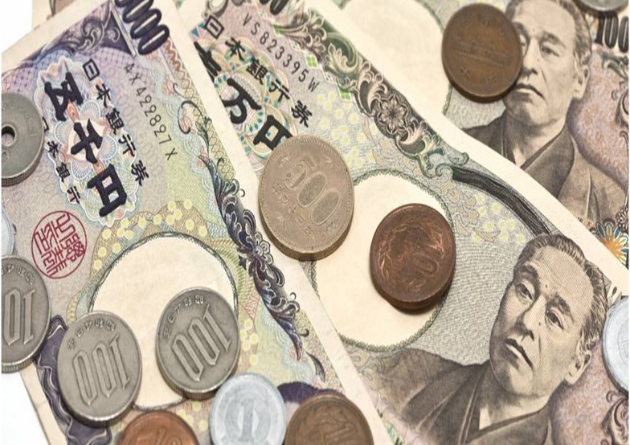The yen's weakness pushes USD/JPY to 1990 highs, raising concerns about potential intervention

- rabeelrana
HG MARKETS:
The Japanese yen faced downward pressure on Wednesday, driven by a strong U.S. dollar and a cautious stance from the Bank of Japan (BOJ). The USD/JPY pair reached its highest level in nearly 34 years, reaching 151.97, a level last seen during Japan’s “lost decade” following the bursting of its economic bubble. The yen’s decline prompted concerns about potential government intervention in the currency markets, particularly after government officials described the recent yen weakness as “speculative.”
Despite the BOJ’s decision to raise interest rates for the first time in 17 years last week, comments from Governor Kazuo Ueda, along with the continuation of the bank’s bond purchases, indicated a persistently loose monetary policy in the near term. The dollar’s strength, particularly in comparison to the Swiss franc and the British pound following dovish signals from the Swiss National Bank and the Bank of England, further contributed to the yen’s weakness. The dollar is seen as a high-yielding, low-risk currency, at least until the Federal Reserve begins reducing interest rates.
Government officials, including Masato Kanda& Kanda Suzuki, the vice finance ministers for international affairs, warned that they were prepared to take measures to halt the yen’s decline. Kanda, who led significant government intervention in currency markets in late 2022, emphasized that the yen’s weakness did not align with economic fundamentals. Analysts attribute the yen’s depreciation primarily to relatively high U.S. interest rates and anticipate that the currency may find some relief once the Fed starts reducing rates.
While Japanese inflation has shown some resilience recently, the BOJ is unlikely to raise interest rates further unless inflation remains stubbornly high. The focus this week is on the Tokyo consumer price index, scheduled for release on Friday, which will provide further insights into inflationary pressures in Japan.
Also the Japanese index Nikkei 225 index showed a strong rebound on Wednesday, rising alongside a weakening yen. Both the Nikkei 225 and the broader TOPIX index saw gains of 0.9%, driven by a combination of factors including strength in export stocks and increased buying activity from retail investors in shares set to trade ex-dividend.
